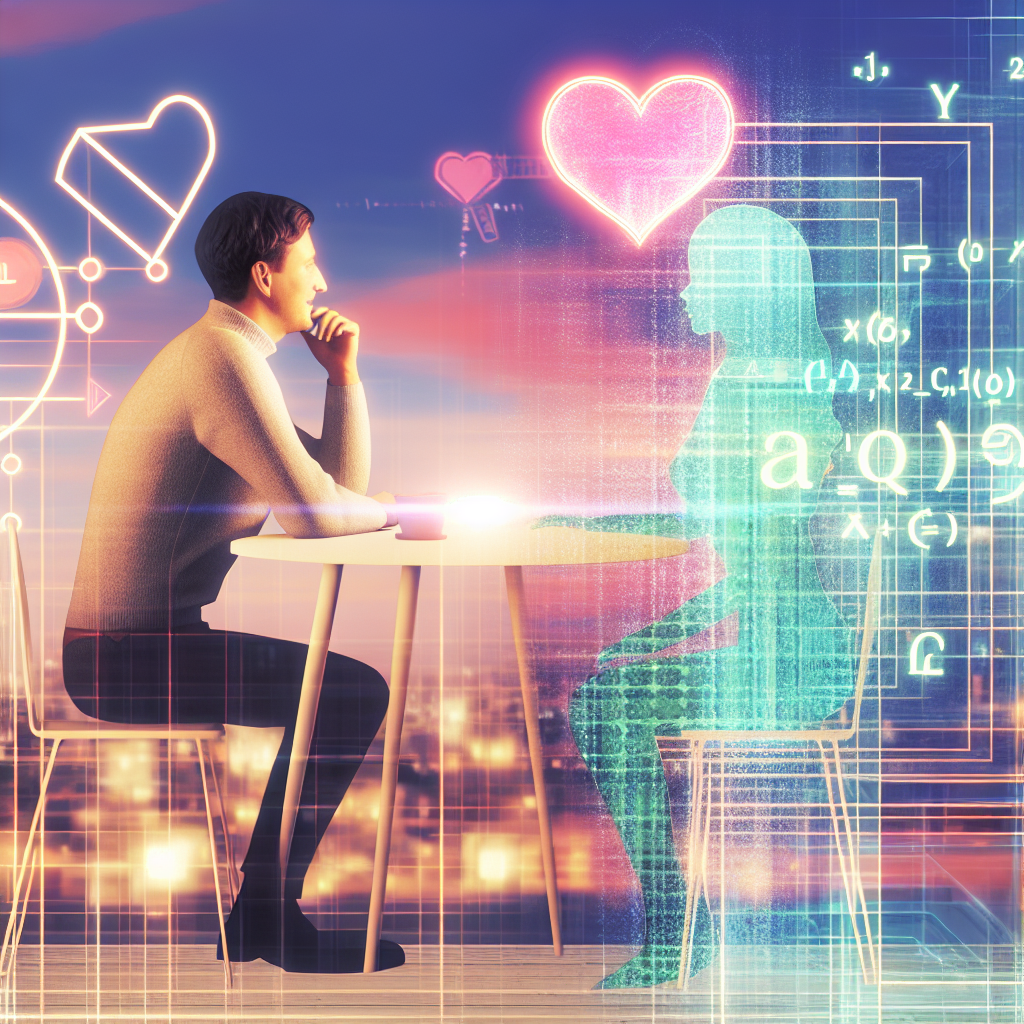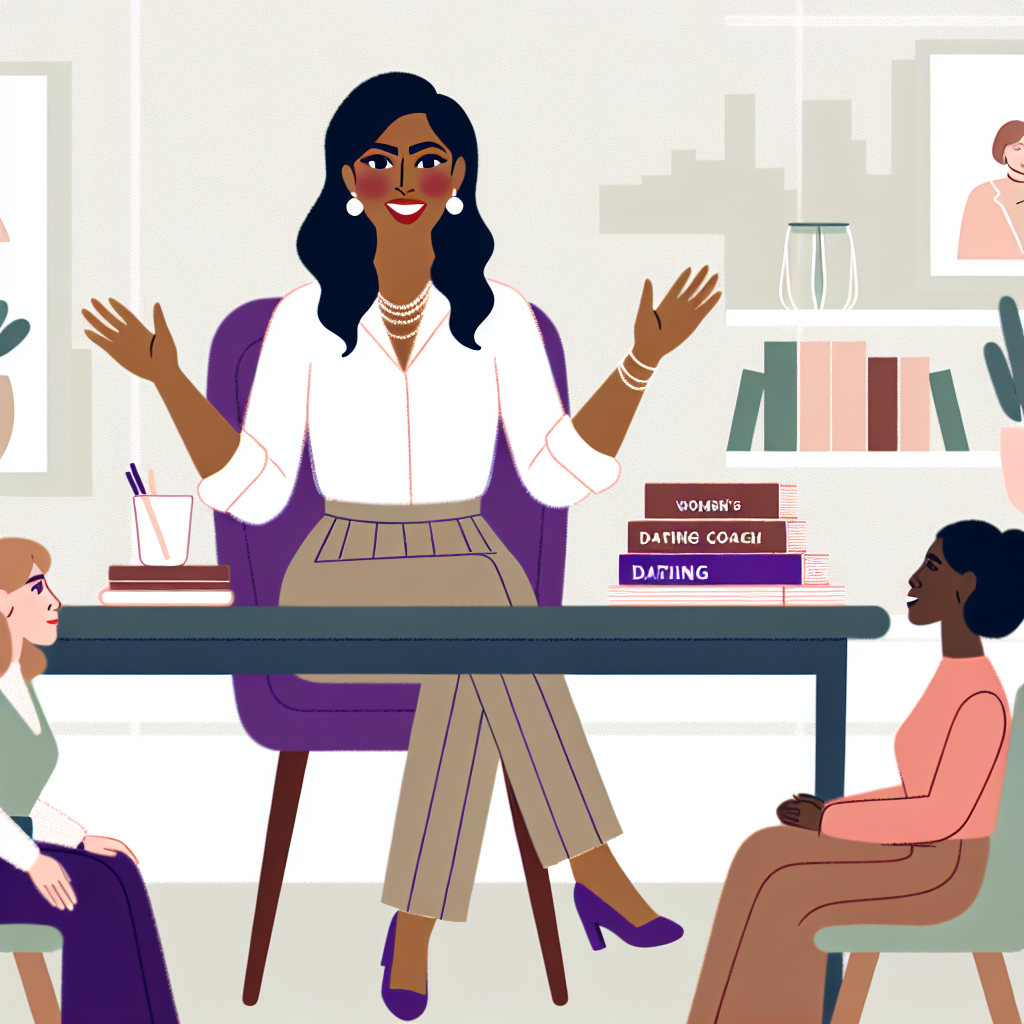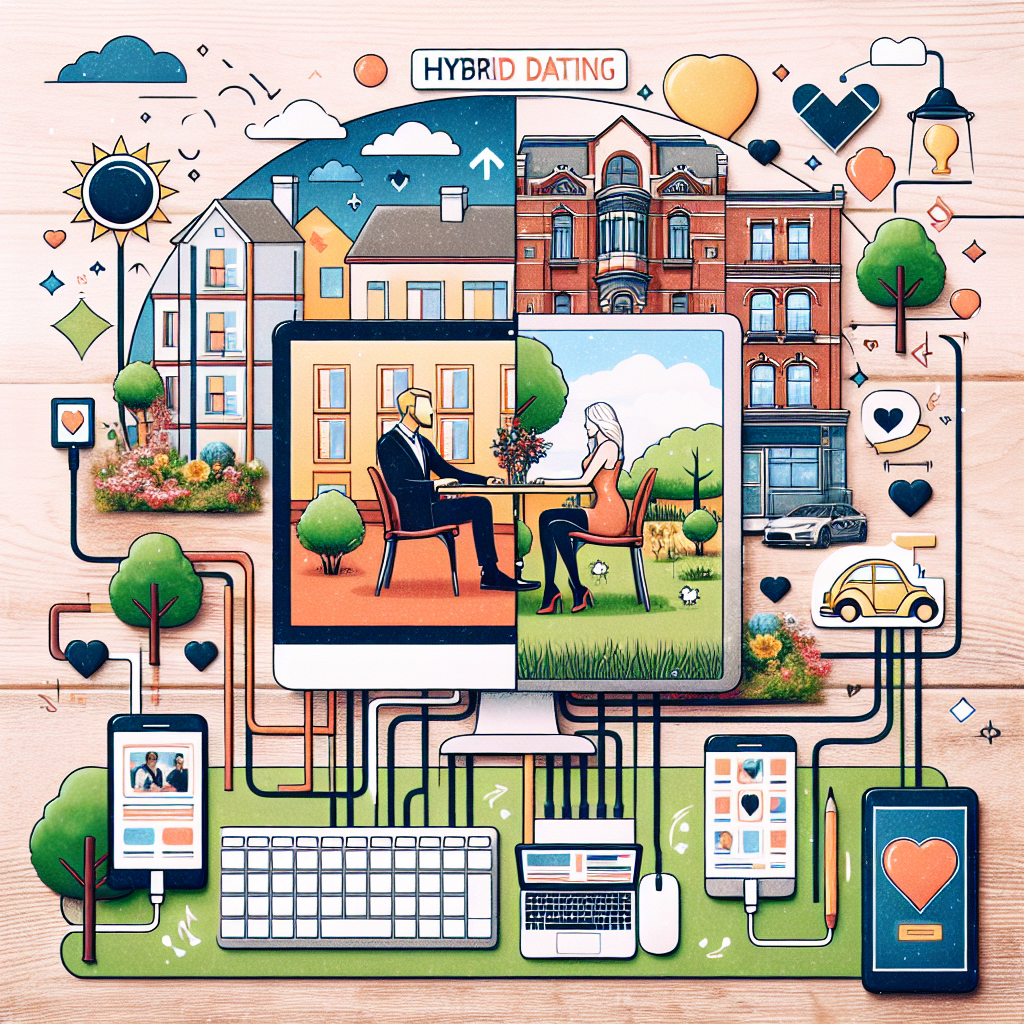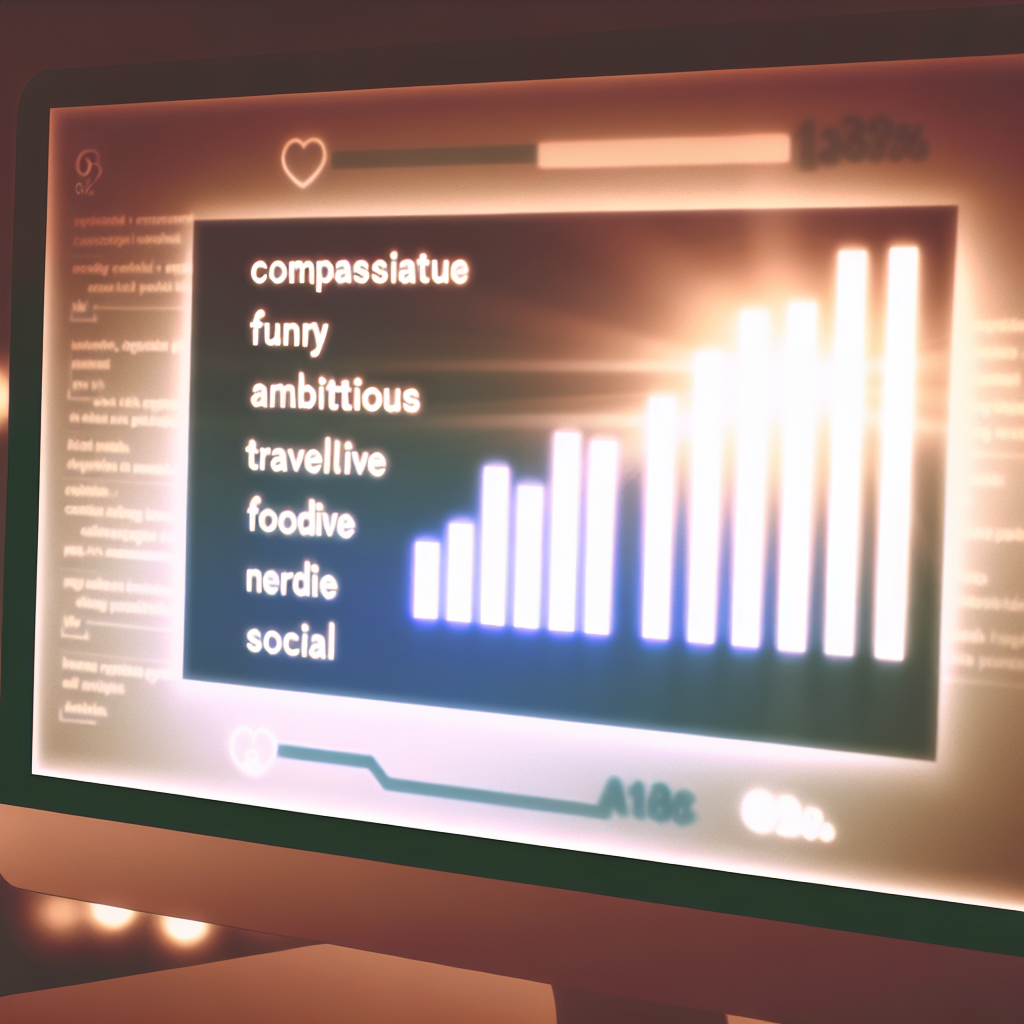Here is the blog post with the requested formatting:
Dating in the Age of AI: Are Algorithms Making Us Lazy?
In today’s fast-paced digital society, more people than ever are turning to online dating platforms to find love, romance, or meaningful connections. From Tinder and Bumble to Hinge and eHarmony, dating apps have grown from niche services into mainstream methods of meeting potential partners. As artificial intelligence (AI) and machine learning continue to evolve, they are rapidly transforming the way we date—making matches based on patterns, behaviors, and compatibility markers that we often don’t consciously recognize ourselves.
But with endless swipes, curated profiles, personality quizzes, and AI-driven compatibility scores, a critical question is emerging: Are dating algorithms making us lazy?
While AI aims to take the guesswork out of dating, the convenience it provides may come with unintended consequences. The very same tools designed to help us connect with others may also be leading to reduced effort, lower emotional investment, and a growing sense of passivity among modern singles.
Decades ago, dating involved direct interaction, vulnerability, and a significant emotional investment. Today, instant access to thousands of potential matches has made dating more choice-heavy but also possibly more shallow. The AI powering these platforms absorbs our preferences, behaviors, and even facial expressions to present us with “ideal” matches. But when technology starts doing all the work—from finding potential dates to initiating conversations—our organic dating skills, including interpersonal communication, intuition, and emotional intelligence, may be deteriorating.
This isn’t about demonizing technology. AI has undeniably made dating more efficient and accessible, especially for people in remote areas, marginalized communities, or those with social anxiety. It helps eliminate guesswork and can even red-flag toxic behaviors using predictive pattern analysis. But the line between assistance and overdependence is increasingly blurred.
As we move deeper into the digital age, understanding the implications of AI on our dating behaviors is essential—not just for improving dating app experiences, but for preserving the very essence of human connection.
Swipe Right or Sit Back: Is AI Reducing Our Dating Effort?
Several studies and behavioral analyses lend insight into the psychology of decision-making within digital dating, especially regarding how users interact with platforms driven by machine-learning algorithms.
A 2018 study conducted by researchers at the University of Oxford examined the “paradox of choice” in dating apps. With so many options provided to users by matchmaking algorithms, individuals tend to invest less effort into each conversation or connection. Psychologist Barry Schwartz, who coined the term, explains that an overload of choices often leads to decision fatigue and lower satisfaction. When dating apps present hundreds of algorithmically generated matches, users become more passive and less likely to commit attention or emotional energy to a single interaction.
Letting the Bots Lead: Are Algorithms Making Decisions for Us?
A landmark study published in the journal Psychological Science explored the concept of “choice architecture.” It showed that when AI algorithms filtered choices based on a user’s digital behavior or preferences, people often deferred to the machine’s decisions—as if the algorithm knew better than their gut feelings. This growing reliance on AI-generated compatibility markers means users are outsourcing personal judgment in favor of predictive analytics, reducing autonomous decision-making.
Ghostwriting for Love: The Automation of Connection
Stanford University’s Behavioral Labs released a report in 2022 showing a sharp decline in organic communication among users who utilized AI-generated icebreakers or automated messages. What begins as a stress-reducing aid ends up muting genuine self-expression. The art of flirtation, humor, and even vulnerability—all vital to relationship success—struggles to shine when pre-written prompts lead the conversation.
The Neuroscience of Natural Attraction: Why Real-Time Decisions Matter
Neurobiologists warn that by leaning too heavily on algorithm-based dating, we dull our natural instincts. A 2020 paper in Nature Human Behaviour revealed that spontaneous decision-making, including real-world flirting and in-person social interaction, triggers dopamine responses in the brain—associated with joy, pleasure, and bonding. Replacing instinctual choices with calculated algorithms may reduce these neurochemical rewards, ultimately diminishing the emotional depth of digital encounters.
Dating Burnout: A Symptom of Swipe Fatigue
It’s not just your imagination—dating fatigue is real. A 2021 study conducted by the American Psychological Association (APA) uncovered a 35% increase in dating-related stress and burnout among singles aged 20–45. Participants cited overwhelming choice, impersonal conversations, and pressure to meet machine-curated standards as key contributors. In short, what should be exhilarating—finding a meaningful connection—feels more like a draining task.
Final Thoughts: Enhancing Love Without Replacing It
AI has revolutionized the way we date—bringing people closer with incredible precision and efficiency—but it’s also clear that it can make many of us less engaged, less patient, and, in essence, lazier in how we approach connection. While algorithms can point us toward compatibility, they can never replace genuine human effort, curiosity, or the magic of unexpected chemistry.
As AI continues to shape the future of dating, it’s up to us to strike a healthy balance between digital convenience and the timeless art of forming meaningful relationships.
**Summary:**
The article explores how the rise of AI and dating algorithms in online dating platforms may be making modern singles more passive and less emotionally invested in the dating process. While AI-powered matching can bring efficiency and convenience, it also risks reducing interpersonal skills, spontaneity, and the essence of human connection. The article examines studies on decision fatigue, outsourced judgment, automated communication, and the neuroscience of natural attraction to highlight the potential pitfalls of over-relying on dating algorithms. The author concludes that striking a balance between digital tools and human effort is essential to preserving the magic of finding meaningful relationships.
**References:**
– [University of Oxford Study on Online Dating Behaviors](https://www.ox.ac.uk/news/2018/01/31/how-dating-apps-affect-our-choices-and-expectations)
– [Schwartz, Barry. The Paradox of Choice: Why More Is Less (2004)](https://psycnet.apa.org/record/2004-10774-000)
– [Choice Architecture in Online Dating (Psychological Science Journal)](https://journals.sagepub.com/doi/10.1177/0956797614551370)
– [Stanford Behavioral Labs Report (2022)](https://behavioralscience.stanford.edu/news/behavioral-science-love-impact-ai-dating)
– [Nature Human Behaviour – Neuroscience of Romantic Choice](https://www.nature.com/articles/s41562-020-0912-z)
– [American Psychological Association – Dating Fatigue Survey (2021)](https://www.apa.org/news/press/releases/stress/2021/report-dating-fatigue)
For more expert dating tips, relationship strategies, and advice on navigating love in the digital age, visit us at [HitchMe.com](https://hitchme.com).

Dominic E. is a passionate filmmaker navigating the exciting intersection of art and science. By day, he delves into the complexities of the human body as a full-time medical writer, meticulously translating intricate medical concepts into accessible and engaging narratives. By night, he explores the boundless realm of cinematic storytelling, crafting narratives that evoke emotion and challenge perspectives. Film Student and Full-time Medical Writer for ContentVendor.com




